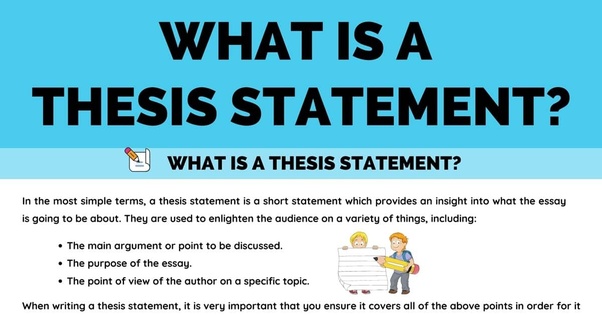Here’s a comprehensive guide to thesis statements, complete with examples:
What is a thesis statement?
- It’s the central argument or claim of your essay, research paper, or other academic work.
- It states your position on a topic and outlines the key points you’ll support throughout your writing.
- It typically appears at the end of your introduction, acting as a roadmap for your reader.
Characteristics of a strong thesis statement:
- Specific: It focuses on a narrow, well-defined topic.
- Arguable: It presents a claim that can be reasonably debated or supported with evidence.
- Clear: It’s easy to understand and leaves no room for ambiguity.
- Focused: It stays on track and doesn’t introduce unrelated ideas.
Examples of thesis statements across different types of essays:
Argumentative:
- “Although social media can be a valuable tool for communication, its overuse has led to negative consequences such as increased anxiety, decreased productivity, and a distorted perception of reality.”
- “Governments should prioritize funding for renewable energy sources over fossil fuels to mitigate climate change and ensure a sustainable future.”

Analytical:
- “The character of Hamlet in Shakespeare’s play is often viewed as indecisive, but a closer examination of his actions reveals a complex and strategic mind.”
- “The themes of alienation and conformity are prevalent in both The Catcher in the Rye and The Great Gatsby, reflecting the societal pressures faced by individuals in the 20th century.”
Expository:
- “The process of photosynthesis involves a series of chemical reactions that convert light energy into chemical energy, ultimately producing glucose for plant growth.”
- “The three branches of the United States government—executive, legislative, and judicial—each play a distinct role in upholding the principles of democracy and checks and balances.”
Tips for writing a strong thesis statement:
- Do your research: Thoroughly understand your topic before crafting your thesis.
- Brainstorm: Explore various angles and potential arguments.
- Write a draft: Put your ideas into a clear, concise statement.
- Revise: Refine your thesis to ensure it’s specific, arguable, and focused.
- Seek feedback: Ask others to review your thesis for clarity and effectiveness.
- Position it strategically: Place your thesis at the end of your introduction to guide your reader.
Remember:
- Your thesis statement provides direction for your entire essay.
- It should be supported by strong evidence and examples throughout your writing.
- Revisit your thesis throughout the writing process to ensure you stay on track.
